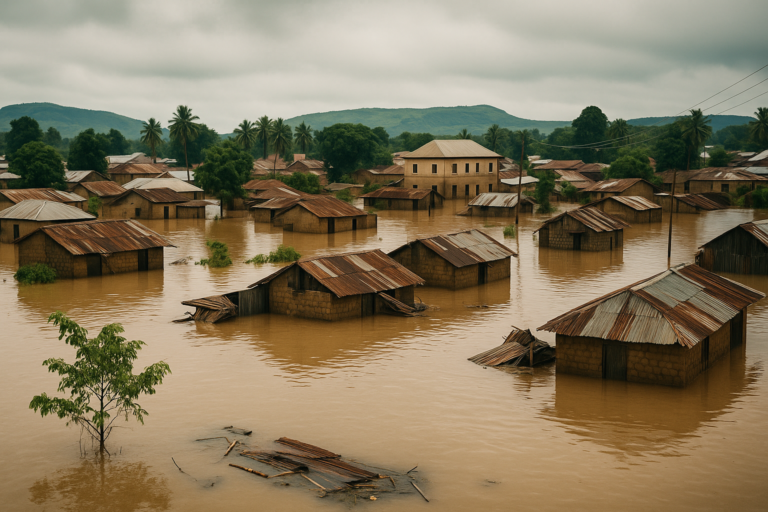Thousands of pregnant women living with HIV in South Africa are facing life-threatening gaps in treatment access, following drastic reductions in foreign health funding. Non-profit clinics and hospitals that once relied on support from the U.S. President’s Emergency Plan for AIDS Relief (PEPFAR) and the National Institutes of Health (NIH) are now turning away patients due to staff shortages, medication stockouts, and program shutdowns.
Mothers Left without Antiretroviral Drugs
In South African provinces like Gauteng, Limpopo, and the Eastern Cape, news is coming in that numerous HIV-positive expectant mothers were not able to access routine doses of antiretroviral therapy (ART)—treatment essential for avoiding transmission of HIV from mother to child. Concern has been raised among those in the health field that an increasing number of pregnant mothers are showing perilously high viral loads, putting both mother and soon-to-be-born child in peril.
“I’ve been sent home twice without medication,” said Nomvula*, a 27-year-old mother in Soweto. “They say they can’t help me until next month. I’m scared for my baby.”
(*Name changed for privacy)
Why Surgical Interventions Occurred
The financial gap stems from a realignment of U.S. global health priorities, with large-scale funding previously directed to sub-Saharan Africa now being reallocated or paused. The ripple effect has been immediate: partner clinics supported by organizations like the Elizabeth Glaser Pediatric AIDS Foundation and Right to Care have suspended outreach programs, cut staff, and limited patient intake.
The local health departments haven’t absorbed all the demand either, leaving an urgent care vacuum that is particularly perilous for pregnant and postpartum HIV-positive women.
The Unnoticed Blowback in South Africa’s HIV War
South Africa has made incredible gains in lowering HIV infections in the last decade. The country has the largest treatment program for HIV in the world, and more than 5 million individuals are taking ART. The recent disruption in maternal HIV services, though, is poised to reverse all those achievements.
They warn that if nothing is done quickly, South Africa will see a spike in rates of pediatric HIV transmission—erasing nearly 20 years of progress in public health.
Dr. Lindiwe Mahlangu, an HIV specialist in Pretoria, emphasized
“We are coming to a very perilous crossroads. These budget cuts are not fiscal—they are human. Pregnant women are among our most precious patients in this war.”
What Needs to Be Done
To arrest the situation, health activists are calling for:
- Emergency government intervention to restore access to HIV medications
- More domestic funding for women’s health programs
- Sustainable partnerships between government and NGOs to reduce reliance on foreign aid
A few local health systems are responding by attempting to integrate HIV care into routine maternal care, but scaling such interventions requires immediate investment.







